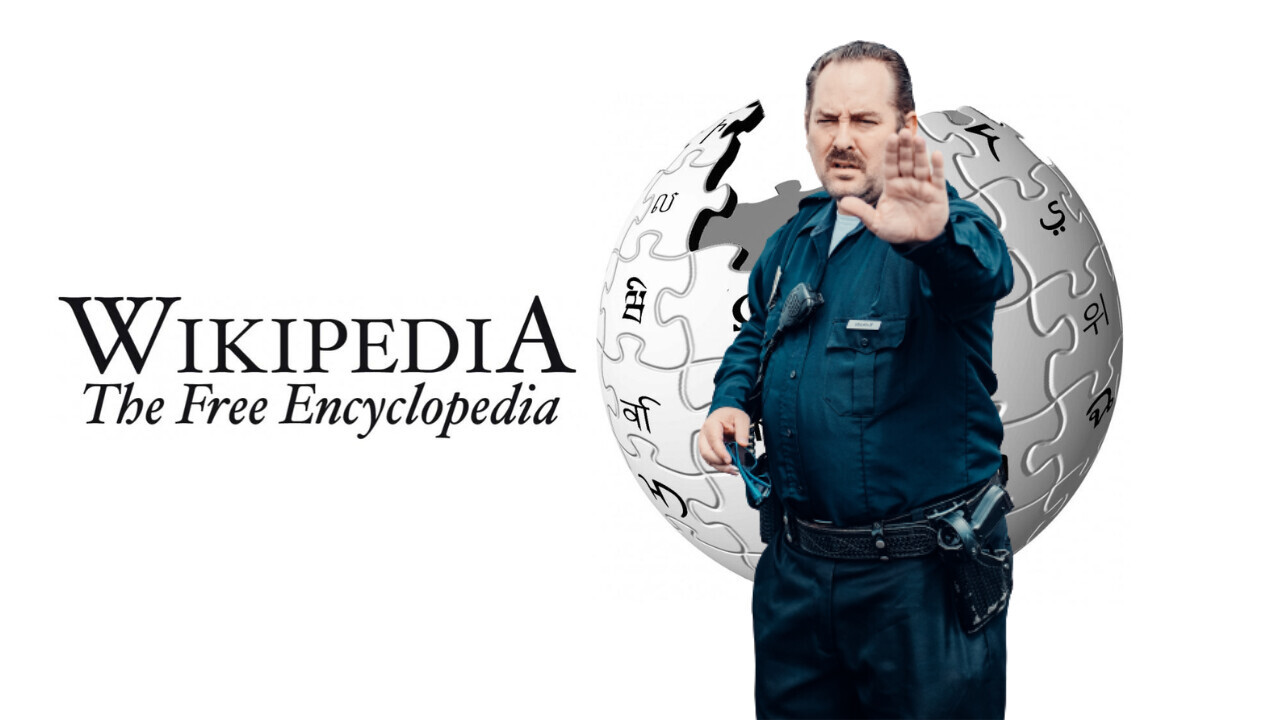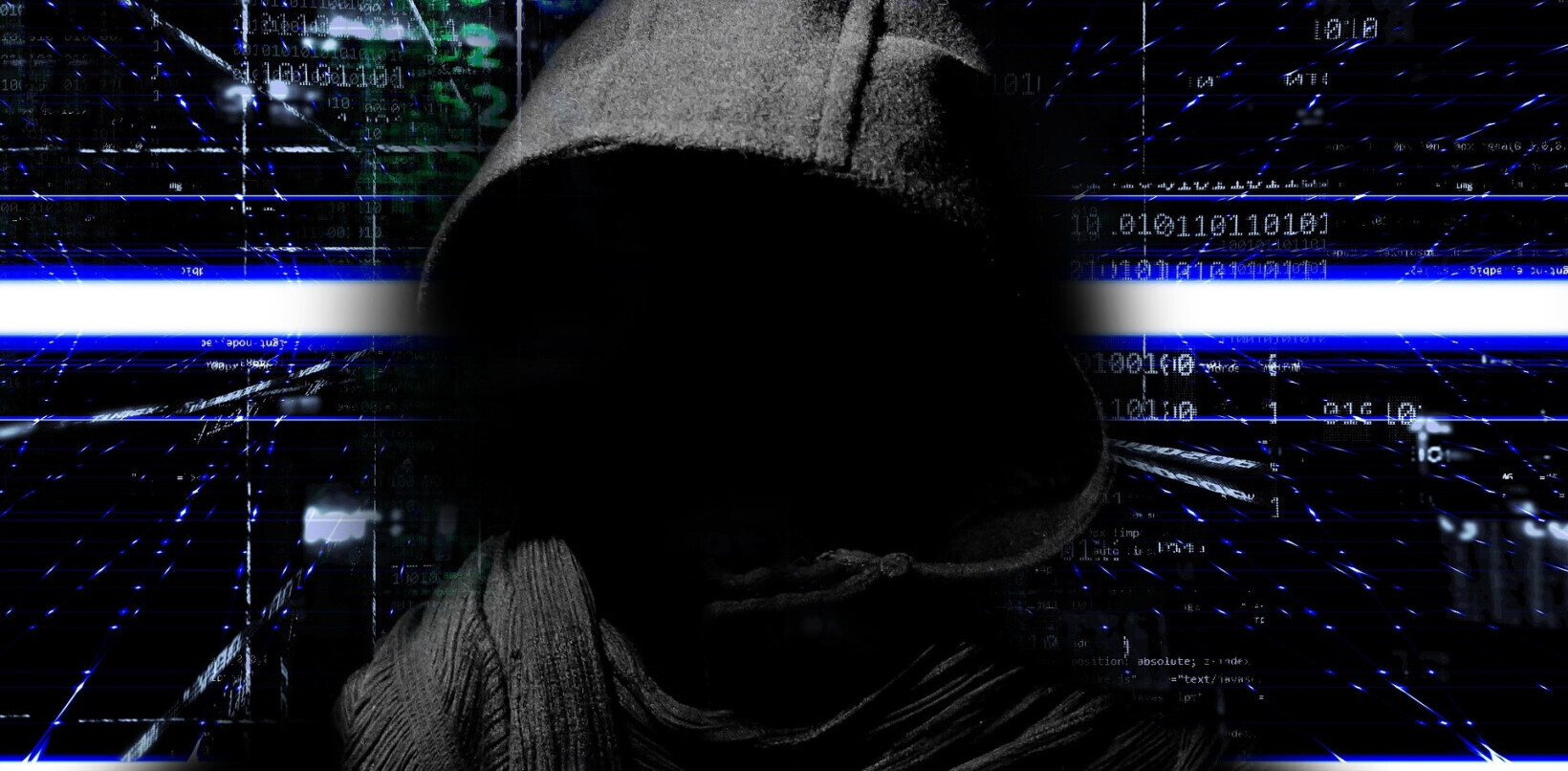
British plans to police the internet may be unlawful and force Wikipedia to shut down in the country, critics have warned.
The proposed legislation, named the Online Safety Bill, aims to protect people from illegal or “harmful” content. Under the rules, any platforms that host user-generated content will need to quickly remove any proscribed material, which ranges from porn to cyberbullying. Failure to comply could lead to massive fines, services being blocked, or even jail terms for executives.
Campaigners have long been alarmed about the threat to privacy and free speech. They now believe the rules could be unlawful.
Their concern stems from clause 9(2) of the bill, which requires platforms to prevent users from “encountering” certain “illegal content.” In a new legal opinion published today, experts warned that the clause may breach international law.
The legal advice was provided to the Open Rights Group by barristers from Matrix Chambers. They found that there is “likely to be significant interference with freedom of expression that is unforeseeable and which is thus not prescribed by law”.
This represents “a sea change in the way public communication and debate are regulated,” they said, as online content will need to be screened and blocked before it’s even posted. Furthermore, there are no provisions for explaining the restriction to users.
Monica Horten, policy manager for freedom of expression at Open Rights Group, said the rule “up-ends the existing legal order” on platforms.
“As well as being potentially unlawful, these proposals threaten the free speech of millions of people in the UK,” she warned. “It is yet another example of the government expecting Parliament to pass a law without filling in the detail.”
Surveillance in the guise of safety?
The legal opinion arrives amid a fierce backlash against the bill. One of the biggest critics is Wikipedia, which reportedly could withdraw from the UK over the rules.
The Wikimedia Foundation, which supports the site, has refused to comply with any age checks required under the bill. As a result, the online encyclopedia may be blocked.
“There is a material risk that, without further amendment or clarification, then Wikipedia and other similar services may feel they can no longer operate in the United Kingdom,” said Lord Allan of Hallam, a British politician who was Facebook’s director of policy in Europe for 10 years.
Some lawmakers have called for an exemption for public goods services such as Wikipedia. The site’s founder, however, would prefer to “rip this bill up and start over from scratch.” Jimmy Wales, who launched Wikipedia in 2001, described the legislation as “a travesty of justice which will make the UK internet obviously less safe.”
Wales is also concerned about the law’s threat to encryption, which has alarmed messaging apps. Signal warns that plans to access end-to-end encrypted messages threaten privacy and safety. Element, another communications platform, goes a step further. The company says the legislation is “not an Online Safety Bill; it is an Online Surveillance Bill.”
Get the TNW newsletter
Get the most important tech news in your inbox each week.




